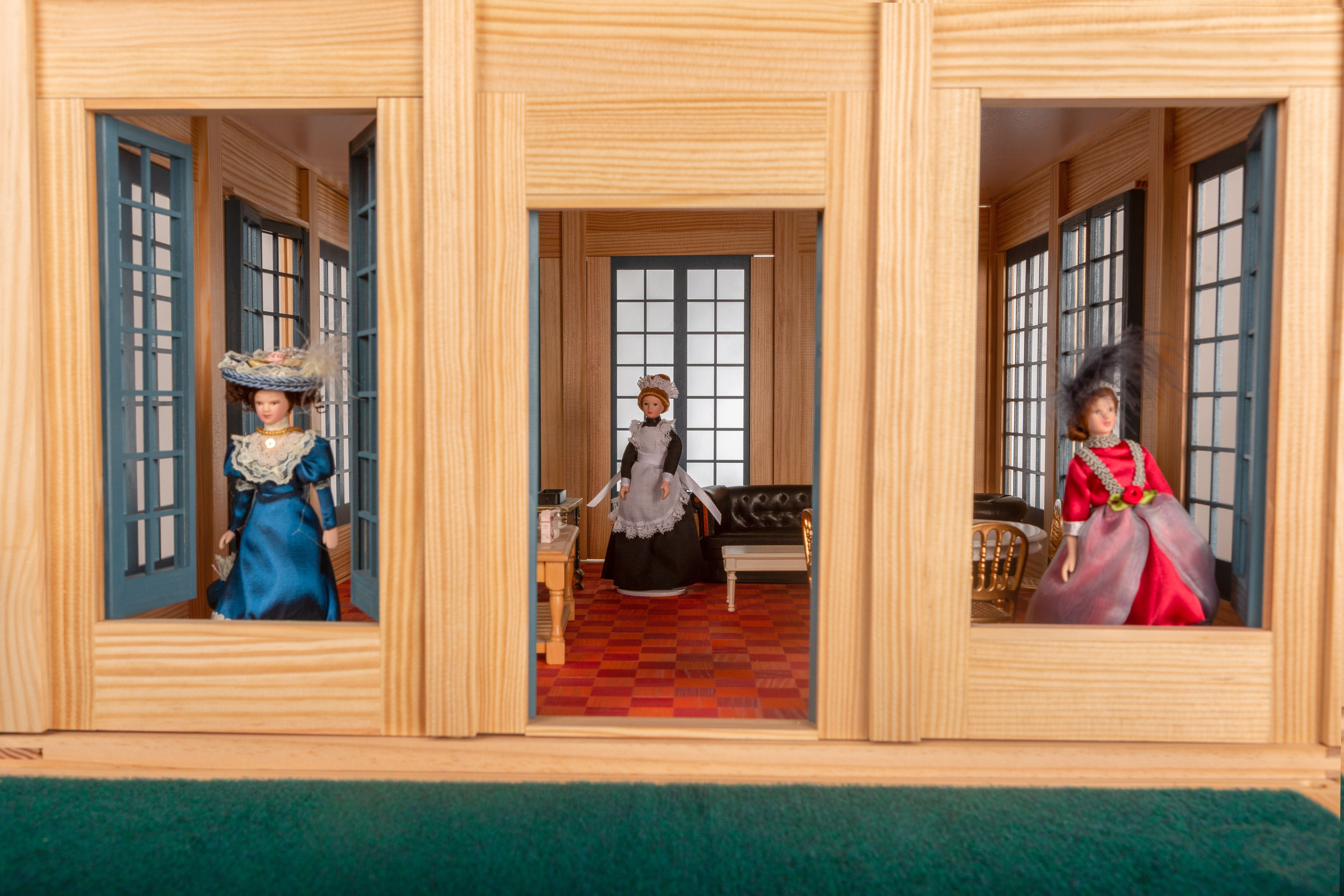
Miniature wooden houses to promote motor skills for children with disabilities
Play is an essential activity for the overall development of children. For children with disabilities, it plays an even more crucial role in improving their motor, social, and cognitive abilities. With this in mind, K'Tom, a company specializing in the production of miniature wooden houses, has designed a range of adapted products. These houses offer children a unique opportunity to work on their motor skills while having fun.
K'Tom’s Miniature Wooden Houses: A Fun and Educational Tool
The miniature wooden houses offered by K'Tom are more than just toys. They are designed to stimulate children’s imagination, coordination, and motor skills, especially for those with specific needs.
A design tailored to promote fine motor skills
Assembling and using the miniature houses requires careful handling of the different wooden pieces. This process engages fine motor skills, which is the ability to perform precise movements with fingers and hands. For children with disabilities, particularly those with motor difficulties or coordination issues, these houses provide an excellent exercise.
Each piece must be positioned with precision, offering the child a motor challenge that, in addition to enhancing their skills, gives them a sense of achievement when they successfully assemble the different elements. This process helps develop agility, precision, and patience.
Strengthening gross motor skills
Beyond fine motor skills, using K'Tom's wooden houses can also promote gross motor skills. Children may need to move around the house, bend over, or reach for pieces or accessories, contributing to the development of their posture, balance, and coordination.
For children in wheelchairs or with mobility challenges, the wooden houses can be placed at an accessible height, making them easier to handle and use. This allows them to work on upper body movements, particularly arms and shoulders, while engaging in a fun and stimulating play environment.
The Psychological and Social Benefits of Playing with Miniature Houses
Stimulating Imagination and Creativity
K'Tom’s wooden houses provide children with a space to express their creativity. They can imagine and create stories, organize the interior of the house, and invent everyday life situations. This stimulation of imagination contributes not only to their cognitive development but also to their personal growth. For children with disabilities, it can be a way to focus on their creative abilities rather than their physical limitations.
Inclusive and Social Play
These wooden houses are also perfect tools for promoting social inclusion. Children can play alone or with others, creating opportunities for social interactions. Group play allows children to develop communication skills, collaborative learning, and sharing, thereby boosting their self-esteem and confidence.
Miniature houses can also be used in therapeutic contexts, such as in occupational therapy sessions, to strengthen specific skills while keeping the experience fun and enjoyable.
Products Adapted for All
K'Tom’s wooden houses come in various sizes and levels of complexity and can be custom-made, allowing them to suit all types of disabilities and ages. Whether a child has fine motor difficulties or needs to work on their balance, use the configurator to create the wooden house that best fits your child’s needs.
K'Tom's miniature wooden houses are much more than simple toys. They are powerful tools for promoting the development of fine and gross motor skills in children with disabilities while stimulating their imagination and creativity. With careful, eco-friendly, and adapted designs, these houses allow children to play while enhancing their physical and social abilities, offering a truly fun and therapeutic experience.